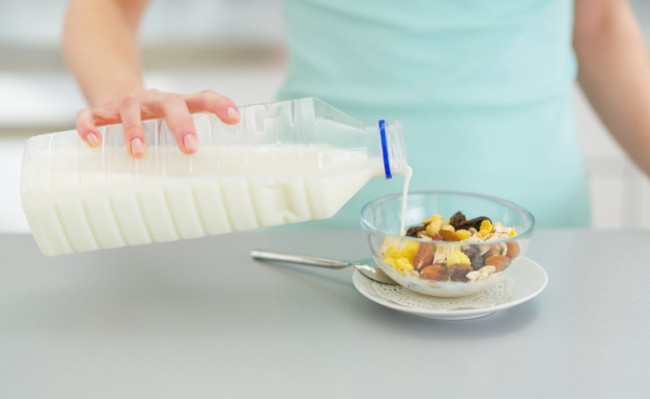Good bone health isn’t something that happens overnight. Support the strength of your skeletal structure by incorporating these six habits into your daily routine.

1. Stay away from soda. Two components of soda, phosphoric acid and caffeine, may interfere with calcium absorption, although it’s unclear whether this is enough to affect bone density. While a direct link between soda consumption and bone health has yet to be proven, don’t let soda take the place of other drinks in your diet. Instead, hydrate with bone-healthy beverages such as fortified milk or milk substitute (almond milk, rice milk or soy milk).
2. Eat right. Calcium is crucial, but it takes an array of different vitamins and minerals from various food sources to properly support bone health. Make sure your diet includes plenty of vitamin D (salmon, fortified dairy), magnesium (almonds, spinach), potassium (avocado, Swiss chard) and vitamin K (hard cheeses).
3. Engage in exercise. Weight/load-bearing exercise, such as jogging, weight-lifting, playing tennis and even dancing can be especially beneficial for bone health. Aim for at least 30 minutes of activity per day to maximize the benefit to your bones.
4. Limit alcohol consumption. Excessive alcohol intake can negatively impact bone health by interfering with the absorption of calcium and throwing off your body’s hormone balance.
5. Be smoke-free. Similar to the effects alcohol, cigarettes can also contribute to bone loss by disrupting the normal balance of hormones within the body. Chemicals in cigarettes can also damage the cells responsible for building and strengthening bones.
6. Watch your weight. When it comes to weight, both sides of the spectrum can be harmful for bone health. Underweight individuals may not be getting enough nutrients to nourish bone health — plus, they experience a much smaller benefit from weight-bearing exercise. On the other side, those who carry excess weight around the midsection may actually be at higher risk for bone loss, due to hormone imbalance.
